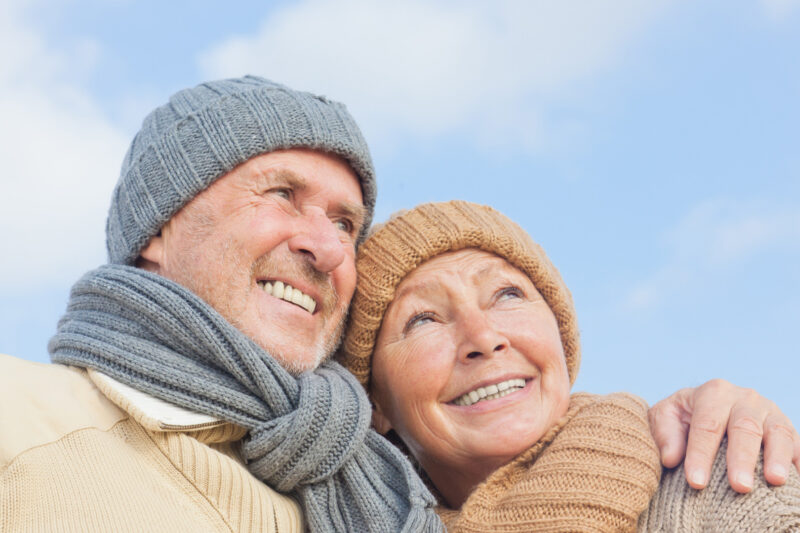If a person leads an active lifestyle, exercises or works out and takes care of health, the onset of winter does not mean for him or her the beginning of “winter slumber”. On the contrary, winter sports are an opportunity to diversify pretty much physical activity and even more – to improve health, and the old age is not at all an obstacle. Frosty fresh air, snow, sparkling in the sun, a company of good friends – what can be better for the pastime! Excellent mood and cheerful spirit will be guaranteed, but not less important is the impact of winter sports on health.
What an elderly person can do in winter
When it’s cold outside and the snow has piled up, then the only desire is to nestle cozily in a warm plaid in front of TV and drink hot tea with homemade pastry. But after a few winter months spent like this, you may suddenly find out that your health has deteriorated: some overweight appeared, your joints and spine start “reminding” constantly about their existence by aching pain, the blood pressure “jumps” from time to time and the heart “cuts didoes”. In order to prevent the progression of chronic diseases, and various degenerative-dystrophic changes in the body, a person, in adulthood as well, should try not to stay at home but to move as much as possible.
Winter provides excellent opportunities for this. This is skiing, sledding, skating, Nordic walking, or just walking in a snow-covered park. For a golden-ager the personal sporting achievements are not important and daily trainings are less needed. It is enough to get adequate physical exertion 1-3 times per week, which will provide a good mood, strengthen the immune system and improve health.
Skiing is traditionally very popular in many countries. Almost every elderly person is capable of taking a short walk at his or her own pace. Skiing is an aerobic kind of sports, i.e. implying the combination of the load on muscles with the intake of large amounts of oxygen. Already the first lesson has a beneficial effect on heart muscle and blood vessels: they are toned up, the blood flow normalizes. This improves performance of other internal organs too, strengthens muscles of legs, arms, abdomen, back. If an elderly person is skiing on a weekly basis, then by spring, he will feel both rejuvenated and healthier.
Sledding is another activity very useful in adulthood. Especially wonderful is when the whole family participates in it. During the down-run, coordination improves; literally every muscle is toned up, breathing quickens and deepens and the release of adrenaline happens.
Skates can be recommended to elderly people, if they previously had an experience of ice-skating, since the possibility of injury is pretty high. This kind of sports trains the muscles of the lower limbs, buttocks and abdomen, and also teaches people to quickly coordinate their movements.
In recent years, such sport as Nordic walking is gaining its popularity. You may be engaged in it both in summer and in winter. It is especially attractive because it does not require the purchase of expensive sports equipment, it is enough to buy just special sticks.
What is needed for winter sports activities?
In advanced age, it is important not to overwork and not to harm your health, so medical consultation before the physical activity is required. If you have a chronic disease, the effects of injuries and surgeries, degenerative disease at any stage, the question of the possibility of any exercise and physical activity is considered individually.
It is very important not to get excessive physical load at the very first activity, it should be increased gradually. Important is also the choice of clothes, always take into account the weather conditions. Sport suit has to be free cut, the fabric – water resistant, breathable and impermeable. You cannot stand on skis or skates right after eating, at least 2 hours should pass after it. On the cross-country skiing or sledding it is recommended to take a thermos of hot tea or mineral water without gas, to avoid dehydration.
Going in for any winter sports, it is important to monitor your health. There is no need to catch up with younger skaters or skiers, since the goal is not sporting achievements but systematic improvement of health. As soon as you feel severe fatigue, palpitations, shortness of breath or pain, you must stop the activity.
With careful attention to yourself any winter sport will bring only benefits, cheerfulness and excellent mood!




